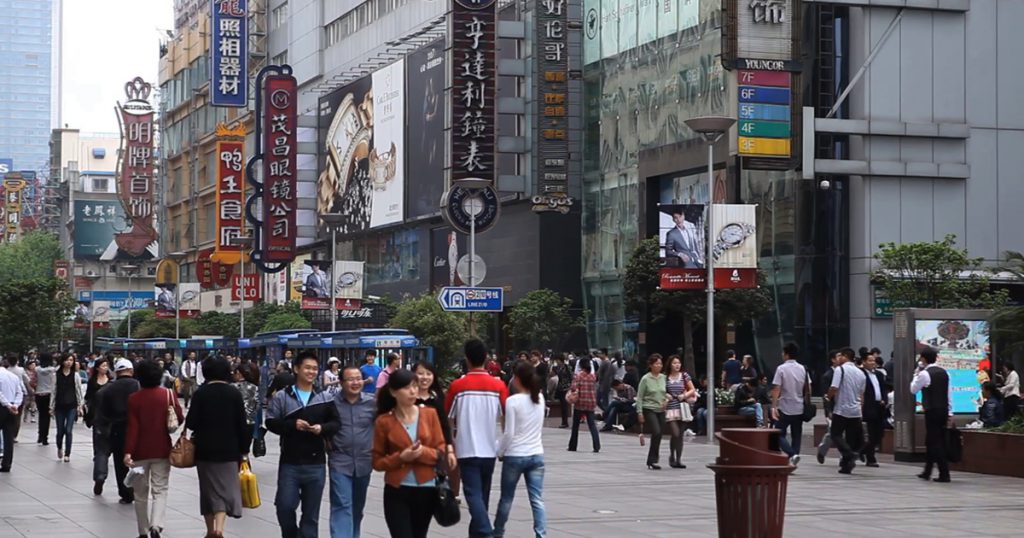A credit system is not a new concept but it usually refers to finances – it is a method of assessing how safe a loan given to a certain person is from a financial institution’s point of view.
But the social credit system in China takes things several steps further.
The goal of the system is not to rate a person’s “credit score” to decide how many loans and credit card debt he or she can repay but to rate the trustworthiness of a person – and this is, according to many, way beyond “controversial”.
Big Data
Every Chinese citizen will be enrolled in a vast database that will contain everything a person did, from financial to government information, down to the smallest traffic violation.
All this data will be used to give each citizen a “social score” – a ranking of sorts assessing all aspects of the citizens’ lives.
The initiative taps into the massive customer databases of China’s biggest eCommerce companies (Alibaba, Tencent, and others) and encourages people to brag about their credit scores, and Baihe, China’s biggest dating service, will promote its users with the best ones.
“A person’s appearance is very important,” Baihe’s vice-president, Zhuan Yirong told the BBC in October 2015, “But it’s more important to be able make a living. Your partner’s fortune guarantees a comfortable life.”
How Social Credit Works
The exact methods used to calculate a citizen’s social credit score is a secret but it has been revealed that it can move up and down based on the citizen’s behaviour. For example, smoking in non-smoking zones, bad driving, and posting fake news online will negatively affect it.
Those with a credit score that reaches a certain low point will be punished – among others, they can be banned from taking planes and trains, the best workplaces, and from the best hotels, their kids banned from the best schools, and may even see their internet speeds reduce out of the blue as the result of their low social credit score.
A public naming and shaming system is also put in place: those with low social credit scores will be publicly named “bad citizens” and put on a blacklist – they will be notified of this fact beforehand, though, and they will have the chance to appeal the decision.
“Good citizens” – those with a high social credit score – will be able to enjoy a variety of benefits. Aside from their priority on Baihe we mentioned earlier, they will get discounts on their energy bills, rents without deposits, and other perks.
Does It Work?
While human rights groups around the world call this initiative “creepy” at best, it seems to work – for now, at least.
Speaking to Foreign Policy, a Chinese businessman named Chen said that the people’s behaviour has improved – thanks to their fear of getting low credit scores at first but getting used to their “good behaviour” later.










